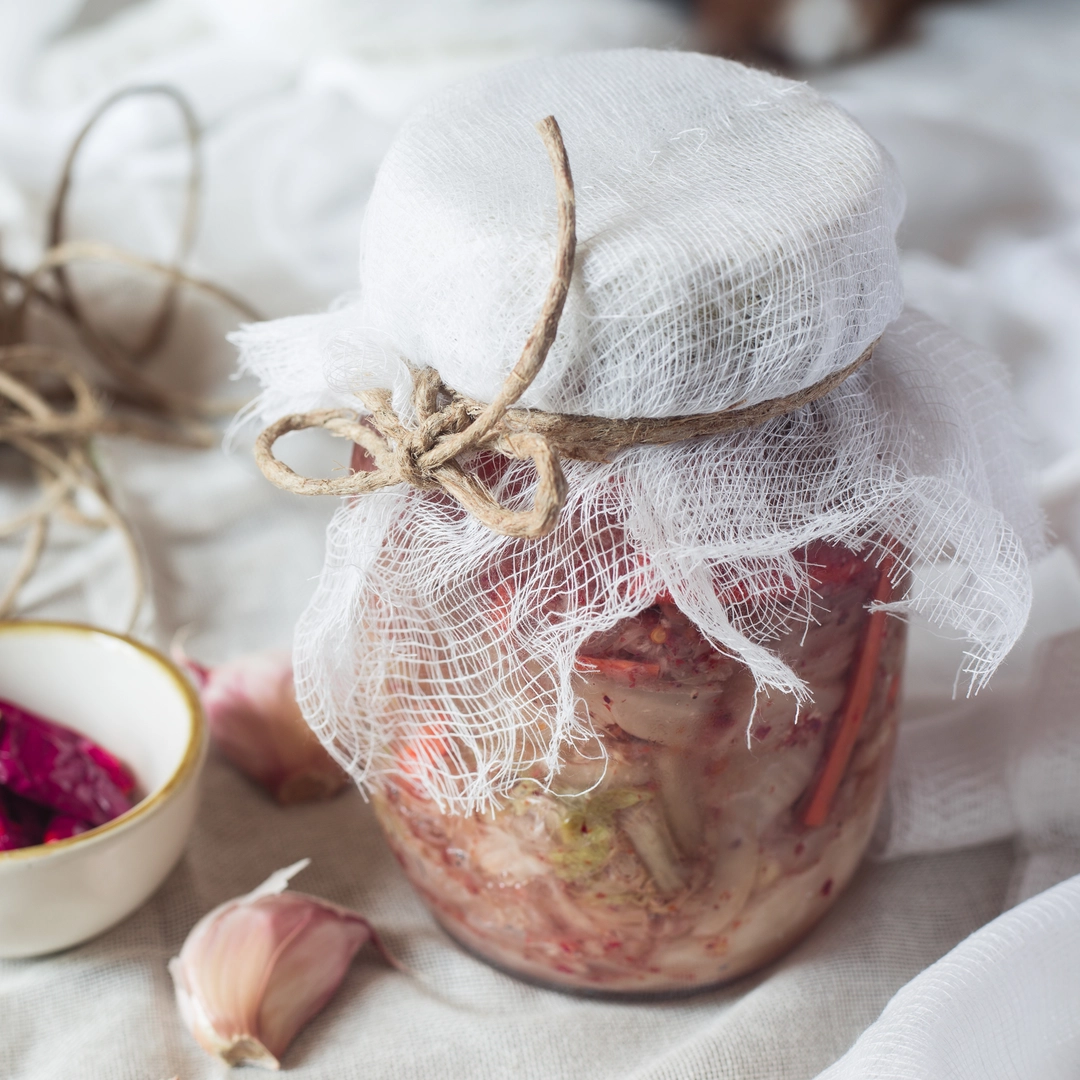It is the second time that I prepare the Kimchi.
Since Kimchi addicted, I decided that every year I will try a different recipe, until I have collected enough information and family traditions to be able to coin my recipe.
This year I tried a recipe which, in addition to the Chinese cup / cabbage, involves the addition of daikon, carrots and apples but, compared to the other preparation you find on this site, here I have not used rice flour.
Since Kimchi addicted, I decided that every year I will try a different recipe, until I have collected enough information and family traditions to be able to coin my recipe.
This year I tried a recipe which, in addition to the Chinese cup / cabbage, involves the addition of daikon, carrots and apples but, compared to the other preparation you find on this site, here I have not used rice flour.
Ingredients
1 large Chinese cabbage (Brassica oleracea Chinensis variety)
4 carrots
1 medium-sized horseradish (daikon)
6 fresh white onions
65 g of coarse whole salt
1 head of garlic
4 cm of ginger root
1 Golden apple
100 g of chilli pepper (whole or powdered)
Vegetables:
Cut the cabbage in half, rinse it well. Then cut it into pieces of about 4 cm. Put it in a glass or ceramic bowl. and cover it with salt. Mix well and massage each leaf with a little salt, so that it penetrates the cabbage. Let stand for 24 hours in a cool place, covered with a plate and a weight. This procedure prepares the leaves for fermentation and welcomes the seasoning that will be made the next day.
The following day, drain the leaves from the vegetation water.
Cut 4 spring onions into julienne strips, carrots and daikon. Mix them with cabbage.
The sauce:
Blend the garlic (peeled), together with the chilli pepper, the ginger, 2 spring onions and the apple until a homogeneous sauce is obtained. Mix the vegetable sauce. Leave to rest for about 1 hour and proceed with the potting.
To pot:
Put the jars and lids in the oven, bring the temperature to 100 ° C and let them cool without touching them. So you will have sterilized them.
Put the kimchi in the pots, leaving about 3 cm of empty space that separates the contents from the cap.
Close the jars and leave them in a cool dark place for 3 days. During this period the jars will be opened 1 time per day, so that the kimchi can vent (fermentation has started).
After 3 days you can put the jars in the refrigerator, where the fermentation will proceed but slowly. Quietly last 6 months (but usually we eat them first;))
